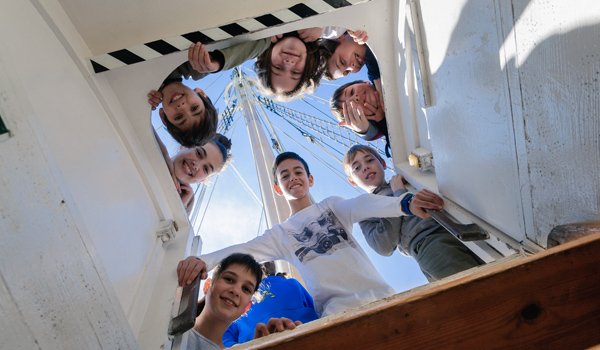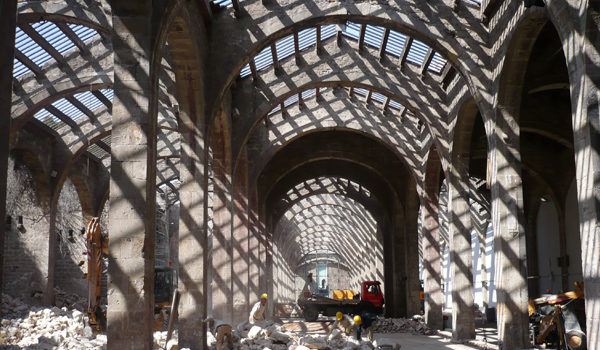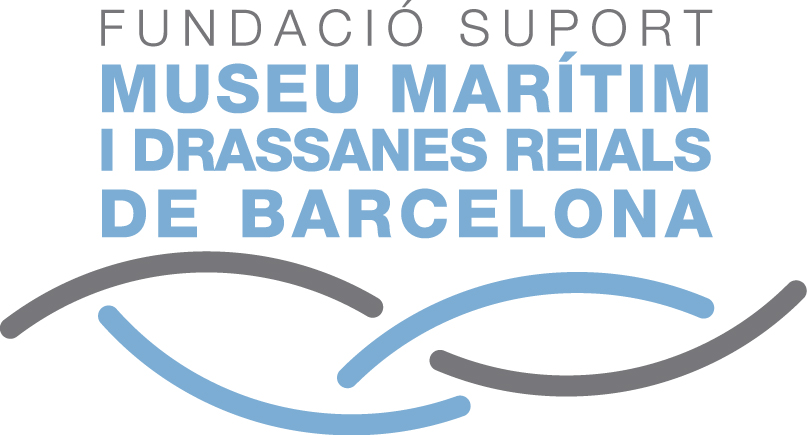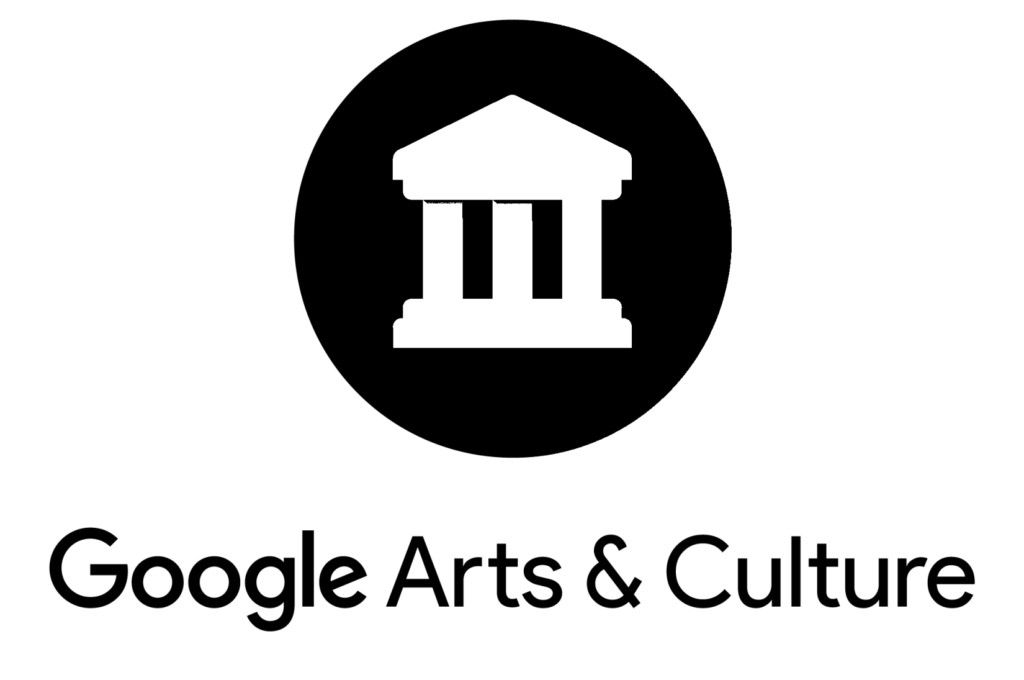The Maritime Museum of Barcelona is a space for interpreting and sharing Catalan maritime culture in a way that is innovative, participative and in touch with society and the country through research, conservation and the protection of our heritage. It seeks to be a point of reference for Mediterranean maritime culture, open and accessible to society as a whole, an entity that works in cooperation with people and organizations. It strives for excellence in the management of heritage, the creation of knowledge and in education, with the mission of promoting social progress locally. It does all of this while focusing on the relationship between Catalonia, its people and the sea. This is what most sets the Maritime Museum of Barcelona apart from other museums of its kind.
Values and Principles

Creating and sharing knowledge: the creation of knowledge is one of the values that needs to constantly permeate the entire Maritime Museum of Barcelona organization, along with the need to transmit and share this knowledge with society as a whole.
Participation: understood as a permanent dialogue between the Maritime Museum of Barcelona and visitors, stimulating curiosity and critical sense.
Open to society: the Maritime Museum of Barcelona needs to be connected to the reality of our society and needs to contribute to its improvement, making the Museum attractive and welcoming to all sorts of audiences in a society that is increasingly diverse and multicultural.
Innovation: understood as a permanent search for new ways of proceeding in all areas and actions.
Excellence: understood as a desire to continuously improve in all areas, seeking the highest possible levels of quality in the services and activities offered.
Sustainability: the principles of sustainability need to be present both in what we say and what we do, so we can help change people’s mindset and promote best practice in all areas.
Universal access: to be a museum with accessible knowledge for a diverse audience.
Efficiency: as a public institution, the principle of maximum efficiency in the use of the assigned resources needs to be present in all processes and actions.
Action plans
ACTION PLAN
The Maritime Museum of Barcelona is a facility dedicated to promoting maritime culture, and more specifically, to conserving and sharing the maritime cultural heritage of Barcelona and Catalonia. The MMB is firmly rooted in the city of Barcelona, both as a result of its history and the building that houses it. The past several years have been defined by the different phases of the architectural restauration of the monumental complex of the Royal Shipyard of Barcelona, and by the adaptation of its different spaces to meet the needs of a museum facility.
MOBILITY PLAN
The Maritime Museum of Barcelona Sustainable Mobility Plan aims to optimize the mobility of workers, suppliers, users and visitors, while placing special emphasis on promoting public and non-motorized transport. The first measures in this sense were the promotion of bicycle use by improving and expanding bicycle parking for employees, and the promotion of public transportation and bicycles among our users by providing up-to-date information on our website.
EQUAL OPPORTUNITY PLAN
The Maritime Museum of Barcelona Equal Opportunity Action Plan seeks to promote equal opportunities for men and women in the organization through projects that improve staff awareness on this issue, the definition of specific actions that promote balance between men and women in their work and family lives, and the establishment of initiatives meant to prevent inequality in the future and to guarantee the principle of equal opportunity is applied in all areas of the organization.
The Consortium

Arxiu fotogràfic MMB
The Consortium of the Drassanes Reials i Museu Marítim de Barcelona was created in 1993. It is a local public institution made up of the Barcelona City Council (owner of the building) the Barcelona Provincial Council (owner of the Museum) and the Port Authority of Barcelona.
Its objective is the conservation and rehabilitation of the historical complex of the Royal Shipyard (Drassanes Reials) as well as providing the services associated with the museum. The historic precedent for this Consortium is the ‘Concordia’ signed by King Pere IV, the Consell de Cent (Council of One Hundred) and the Diputació del General in 1378. This agreement sought to find an efficient solution for the construction of the Royal Shipyard. It is thanks to the spirit of collaboration between institutions that this jewel of Catalan civil gothic was built.
The Foundation
The Foundation to support the Museu Marítim i Drassanes Reials de Barcelona was founded in 2006 with the aim of expanding the Museum’s participation and collaboration with the world of business and organised civil society, in addition to other public bodies. One of the Foundation’s main objectives is to forge bonds of complicity with motivational agents of the Catalan maritime sector, so that the Maritime Museum becomes the historical and cultural reference of the community.
The goal of the Foundation is to promote, develop, publicise, enhance, defend and expand the actions and the heritage of the Maritime Museum of Barcelona, and to contribute to the conservation of all the buildings and structures of cultural interest comprised by the Drassanes Reials of Barcelona.











